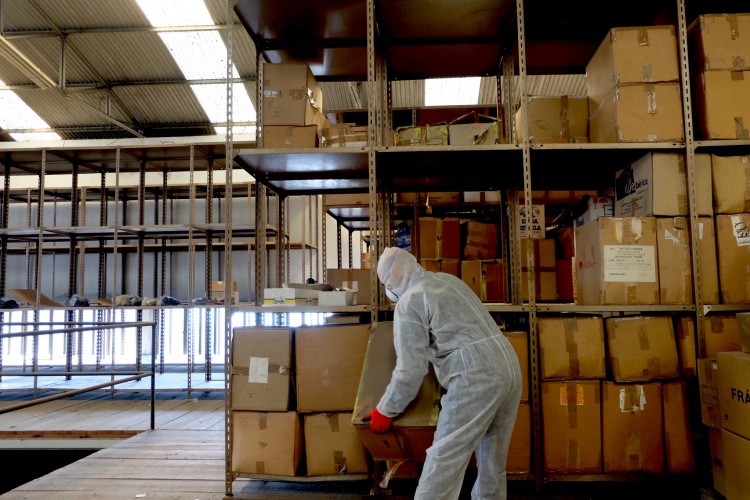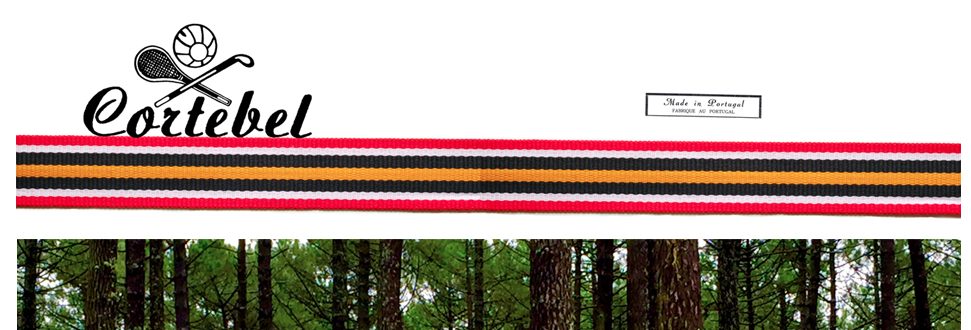
This website presents work in progress. It relates to an ongoing research in design initiated at ID+ Institute of Design, Media and Culture and Central Saint Martins Research – University of the Arts London, funded by the Portuguese Foundation for Science and Technology (FCT) and the Arts and Humanities Research Council (AHRC), Cultural Engagement Fund.
Cortebel 50 initiated as an exploratory Brand Archaeology project in homage to Cortebel, a Portuguese sports footwear manufacturer, in the year it celebrated its 50th anniversary (1965–2015).
Following up on previous research onto the loss of memory of historical brands (Brand Archives, 2012), this project builds up on Brand Achaeology as a field of inquiry and a methodological approach. Through contextual immersion and design intervention in culturally specific manufacturing industries, it proposes the construction of physical and digital archives as generative resources for reinterpreting brand and product identities from grounded historical and cultural perspectives.
Starting at Cortebel’s industrial site in Cortegaça, the research further delved into examining other sports footwear brands and manufacturers founded in Portugal in the 20th century. At Cortebel, an ethnographic approach allowed engagement with factory workers and footwear craftsmanship, raising opportunities to explore production possibilities for prototyping new product series through using industrial resources available in-situ. The project evolved to a wider action-research initiative, originating the Summer Time prototyped range. The range is comprised of five sub-series, inspired by Cortebel’s Summer Time shoe design, possibly the best-selling Portuguese footwear design: 12 millions pairs of the same design were produced uninterruptedly between 1978 and 2018.
Cortebel – A representative case from the Portuguese sports footwear industry. Cortebel is a Portuguese footwear manufacturer founded in 1965 in Cortegaça, south of Porto in the Aveiro district. The heyday of the company endured throughout the 1970s until the 1990s, for it provided the Portuguese army with specialist footwear, as well as with large scale outsourced production for known international brands. In the Portuguese market, Cortebel was best known in the 1980s and early 1990s for the light Summer Time PVC and cotton shoes, as well as the popular Ténis, and plain white sapatilhas with elastic used for Gymnastics.
Cortebel could well be representative of a strand of Portuguese locally specific small industries facing the threat of closure, however with potential to stand up for cultural difference.
On the Summer Time Research at Cortebel. The project documents the factory and its context of production, including the physical conditions and the human side behind the brand, along with the recording of a design process which has involved archival research onto the brand’s contextual history as well as footwear prototyping.
A series of design interventions using elements from the archive and from other resources available in the factory, originated collaborative creativity recreations. From fabrication knowledge to machinery and dead stock materials, such elements were put together to produce a celebratory series of Cortebel’s most representative shoe designs. The process involved hands-on into the making of shoes through engaging directly with the workers at the factory, and with the complicity of the company’s administration.
Subsequently, the project unfolds an opportunity for brand identity and product design developments. But beyond mere embellishments, the project uncovers layers of meaning in the multitude of stories forming the brand’s history, which is being put together and brought up to surface. As a design and ethnography process, the overall approach shows the levels of impact such a project can have, including at cultural, historical, social, economical, and aesthetic dimensions.
On the Brand Archaeology of iconic and obscure Portuguese sneaker brands. With a collection incorporating representative designs spanning nearly 50 sneaker brands designed and made in Portugal during the last quarter of 20th century, the project feeds a broader study into the relationship between design and the Portuguese sports footwear industry. The project’s main achievements include a unique collection surpassing 600 pairs of representative sneakers, an expanding archive of content for historical and visual reference, and the outline of a curatorial intervention on the subject. Many of the brands identified are briefly presented in this website. Through the project there were also produced nearly 100 prototyped pairs of footwear under different series, made in collaboration with footwear manufacturers, a community of weavers who are the custodians of a millenary craft culture at risk of permanent loss, and other culturally rooted textile industries. Many of prototypes and their manufacturing processes are also included in this website.
Altogether, the project’s findings open a new avenue for research, making an original contribution to the study and further exploration of the Portuguese footwear industry from a Design perspective.





You must be logged in to post a comment.